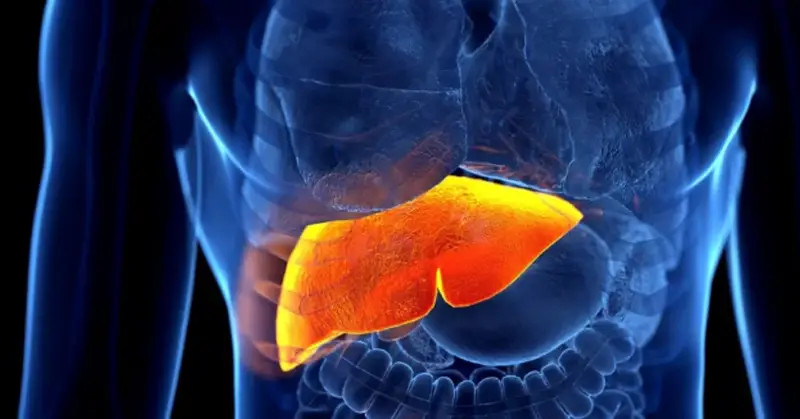Understanding Non-Alcoholic Fatty Liver Disease and Its Natural Remedies
Non-alcoholic fatty liver disease (NAFLD), also known in some circles as metabolic dysfunction-associated steatotic liver disease (MASLD), is an increasingly prevalent health issue characterized by the accumulation of excess fat in liver cells. Unlike alcoholic liver disease, NAFLD arises in individuals who consume little to no alcohol, making its recognition particularly important in today’s health landscape. This condition is frequently associated with obesity and metabolic syndrome, presenting significant risks to the liver’s functionality and overall health. According to the NHS, adopting healthier lifestyle habits can significantly mitigate this condition, highlighting the importance of dietary choices and physical activity.
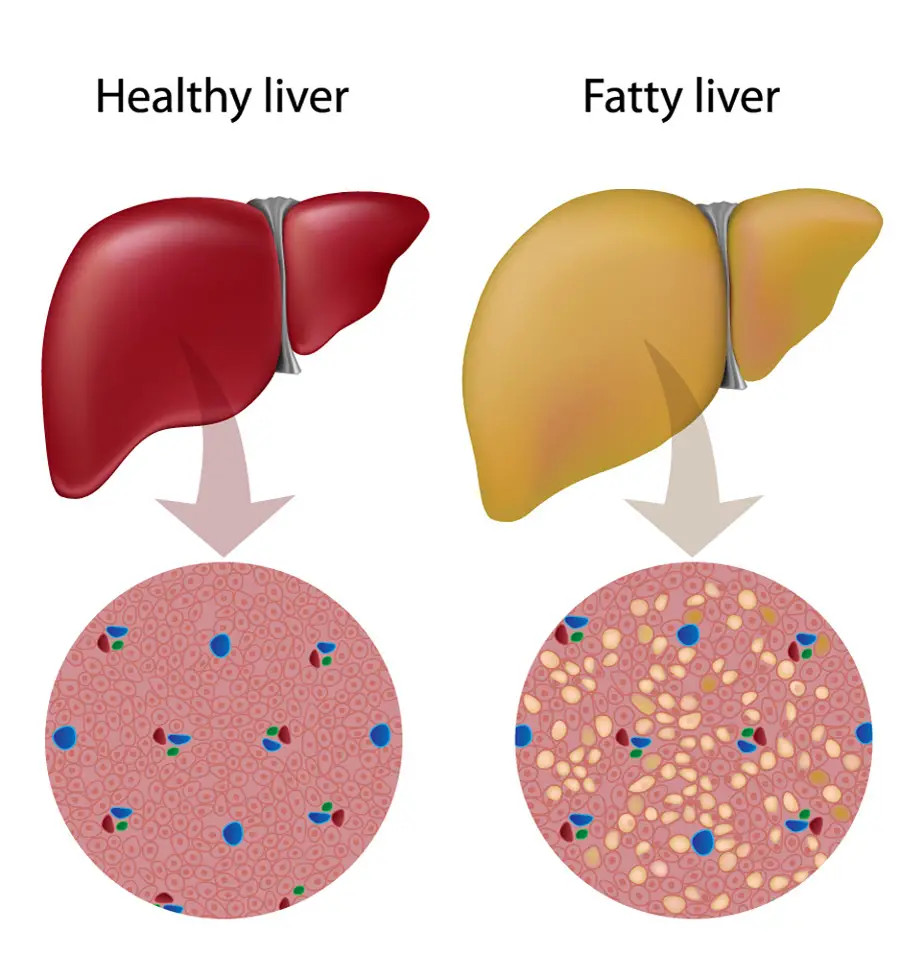
A noteworthy aspect of NAFLD is that many individuals are unaware of their condition. Symptoms can be subtle or nonexistent—common reports include fatigue, general malaise, and discomfort in the upper right abdomen. However, these signs often go unnoticed until the disease has progressed. Risk factors for developing NAFLD include being overweight, having type 2 diabetes, polycystic ovary syndrome (PCOS), hypertension, hyperlipidemia, a sedentary lifestyle, and advancing age. As such, awareness and early intervention are vital for those in high-risk categories.
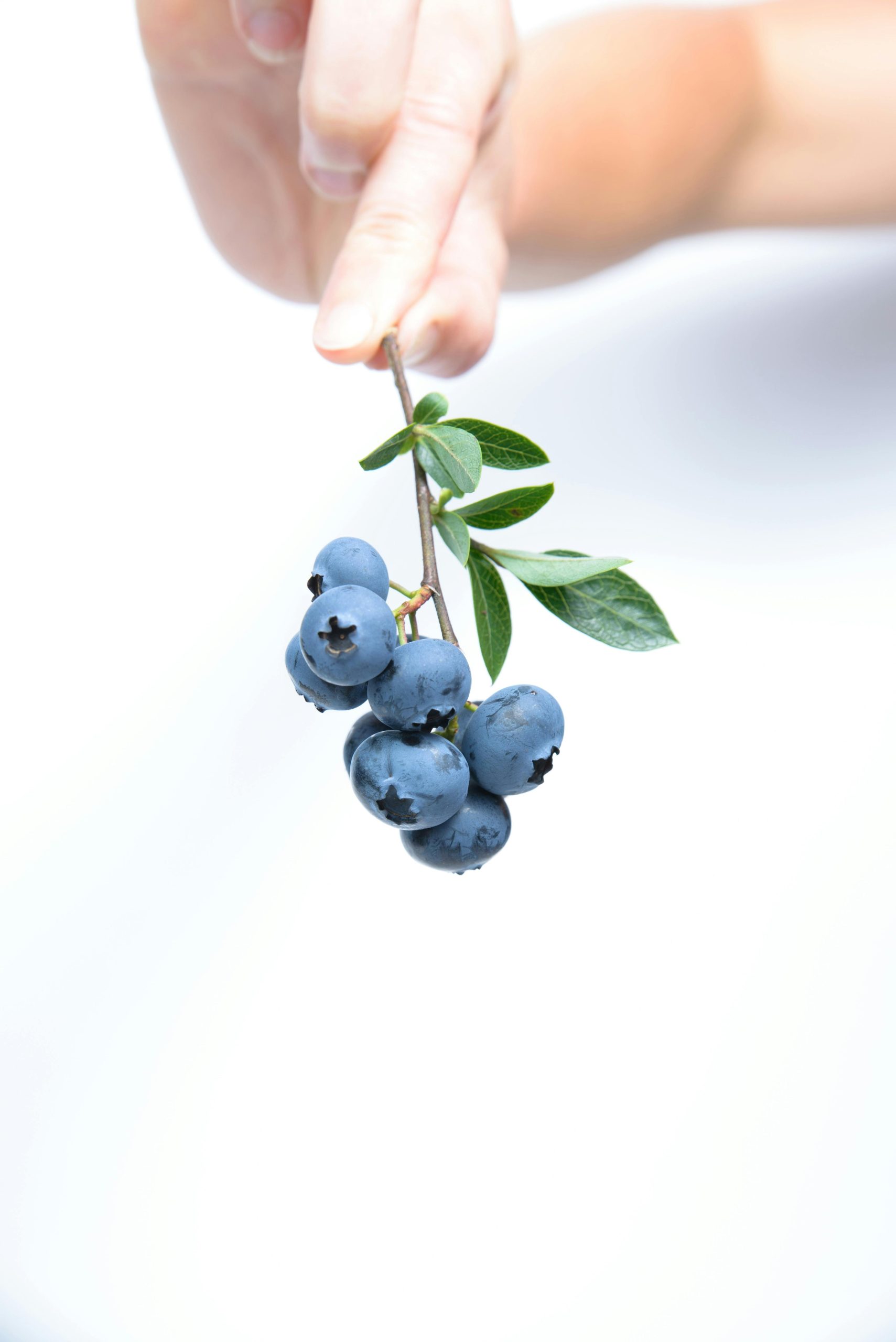
The Impact of Diet on Liver Health
Recent studies reveal that dietary adjustments can lead to significant improvements in liver fat content, with certain fruits demonstrating promising results. For instance, research indicates that a diet rich in specific fruits can lower liver fat by 10-15% in just 12 weeks. Focusing on fruits that are high in antioxidants and fiber can support liver health and overall metabolic function. Below, we explore three of these nutrient-dense fruits that are particularly effective in combating NAFLD, regulating blood sugar levels, and promoting heart health.
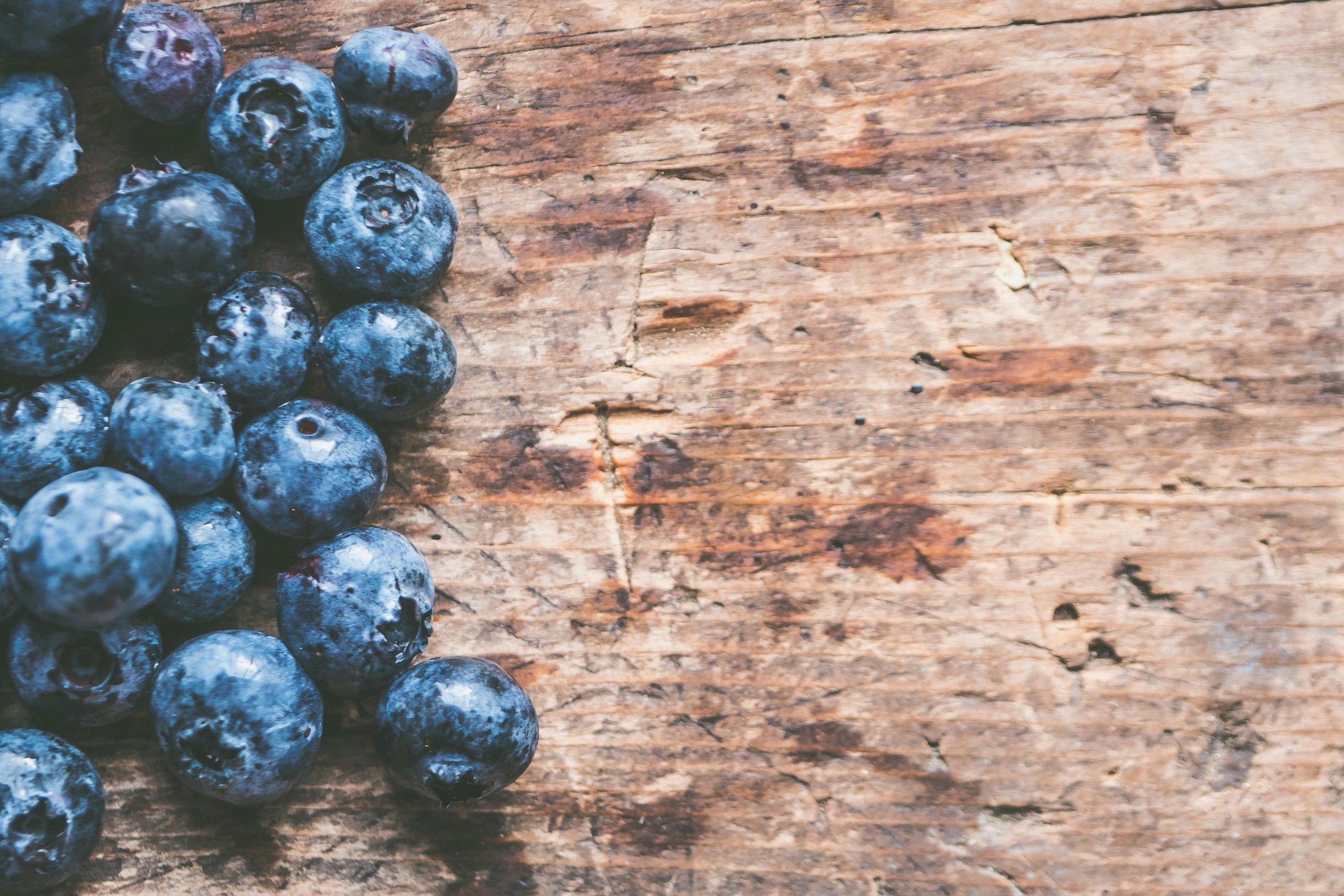
Blueberries: A Small Fruit with a Big Impact
Blueberries are often celebrated for their vibrant color and delightful taste, but they are also a powerhouse of health benefits, especially for liver health. Packed with anthocyanins, potent antioxidants, blueberries help protect the liver from oxidative stress and inflammation, both of which are key contributors to NAFLD. A study has shown that daily consumption of blueberries correlates with reduced liver fat in individuals diagnosed with NAFLD, as evidenced through imaging techniques.
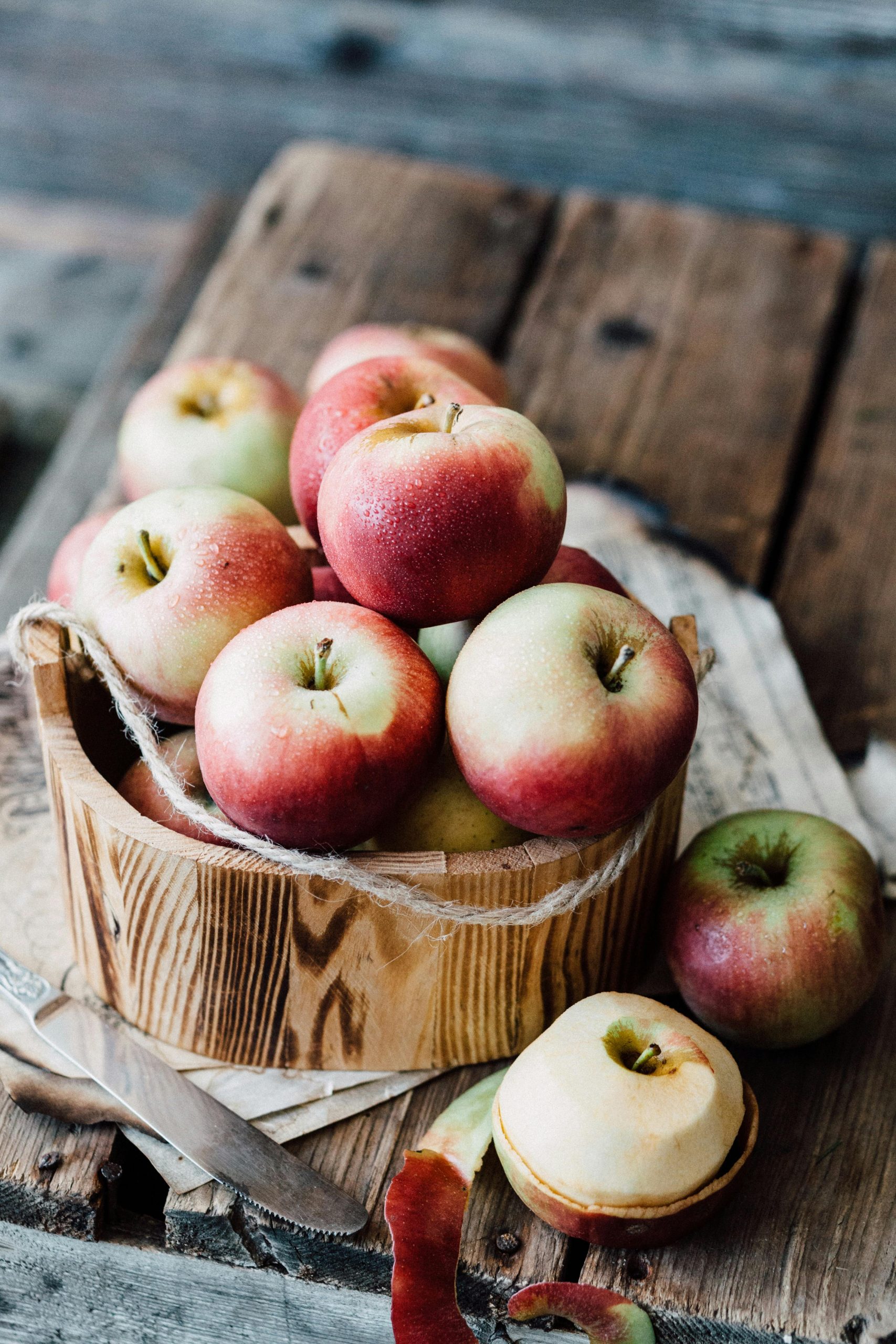
Furthermore, blueberries may play a role in enhancing insulin sensitivity and improving lipid profiles, contributing to better overall metabolic health. By modulating enzymes and signaling pathways associated with fat and glucose metabolism, they help maintain a balanced state within the body. To incorporate blueberries into your diet, consider adding ½ cup of fresh or frozen berries to your morning smoothie, oatmeal, or even as a standalone snack. Aim for consumption at least 4-5 times a week, and whenever possible, opt for organic varieties to minimize pesticide exposure.
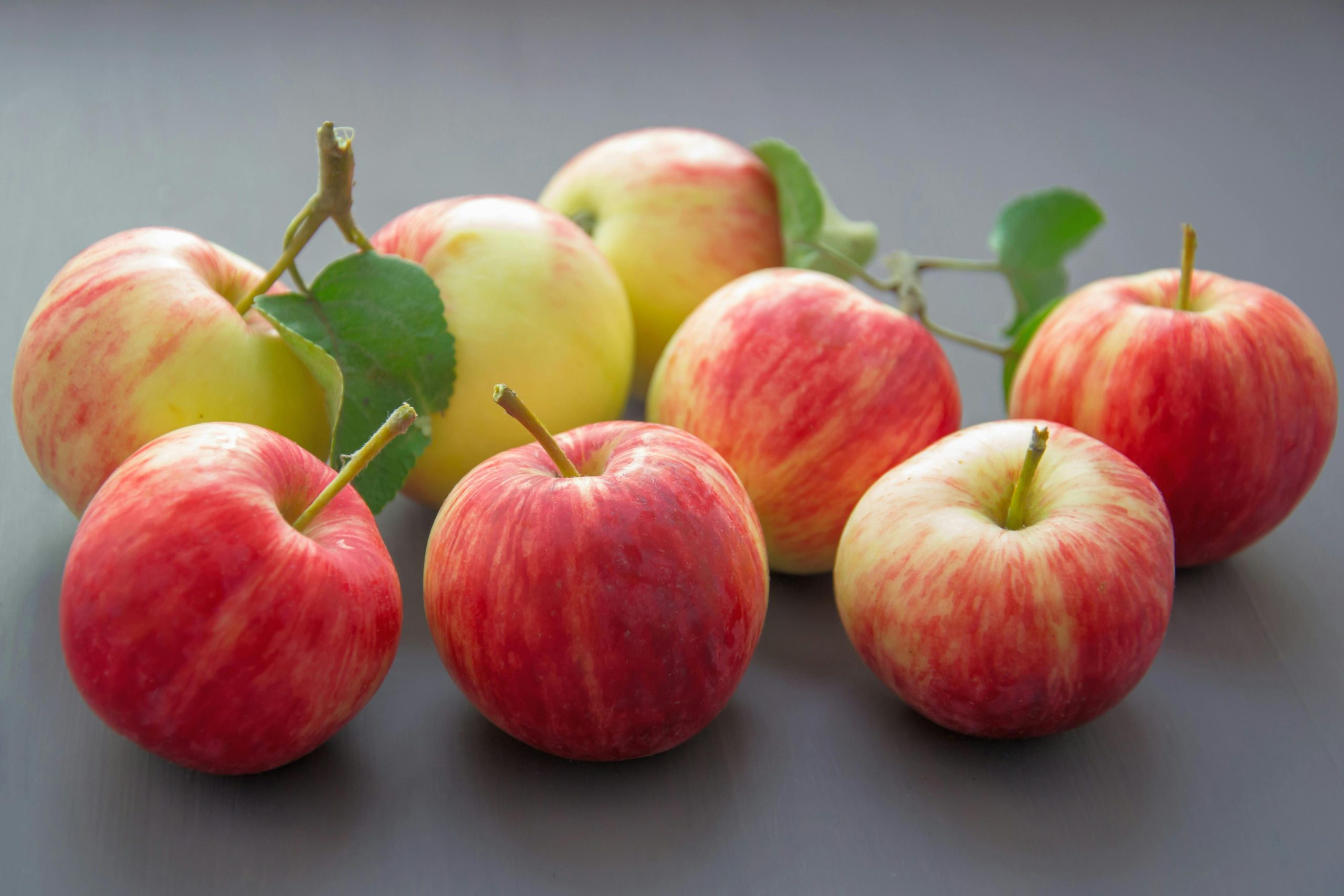
The Humble Apple: A Nutritional Powerhouse
The apple, a staple in households across the globe, offers more than just a refreshing snack; it is a nutritional treasure trove. Rich in pectin—a soluble fiber—and polyphenols, apples contribute significantly to liver health and metabolic regulation. Studies suggest that regular consumption of apples is linked to lower liver fat and triglyceride levels, particularly in individuals who are overweight. The fiber content in apples aids in fat and cholesterol absorption, while polyphenols, such as quercetin, protect liver cells from oxidative damage.
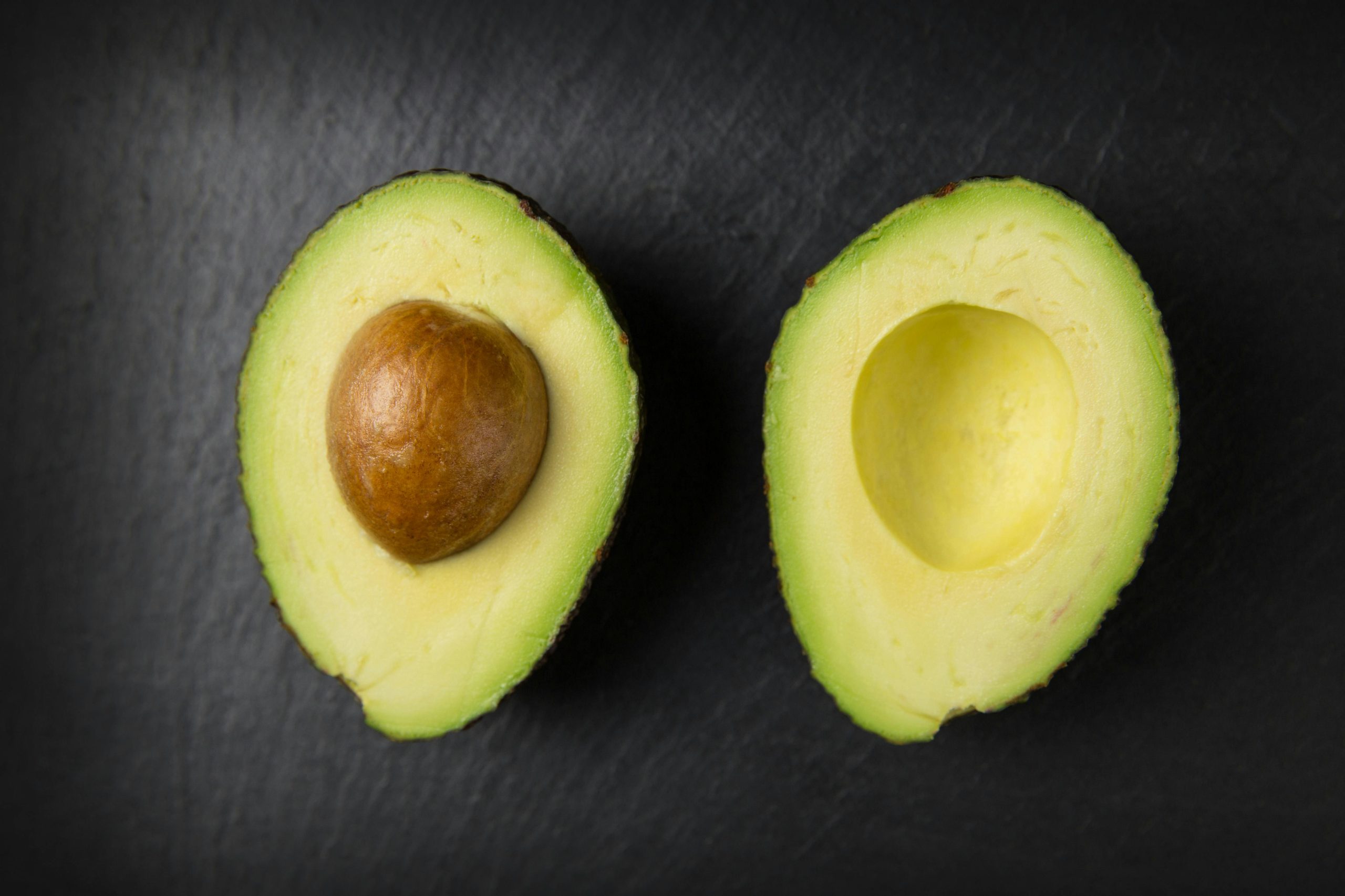
In addition to their benefits for liver health, apples are effective in managing blood sugar levels by slowing carbohydrate digestion and absorption—a desirable trait for individuals with diabetes. Their low glycemic index further enhances their suitability as a dietary choice. For optimal benefits, consume the whole fruit, including the skin where most of the polyphenols reside. Whether eaten raw, baked with cinnamon, or grated into salads, aim for one or two apples daily, preferably choosing high-fiber varieties like Granny Smith or Fuji.
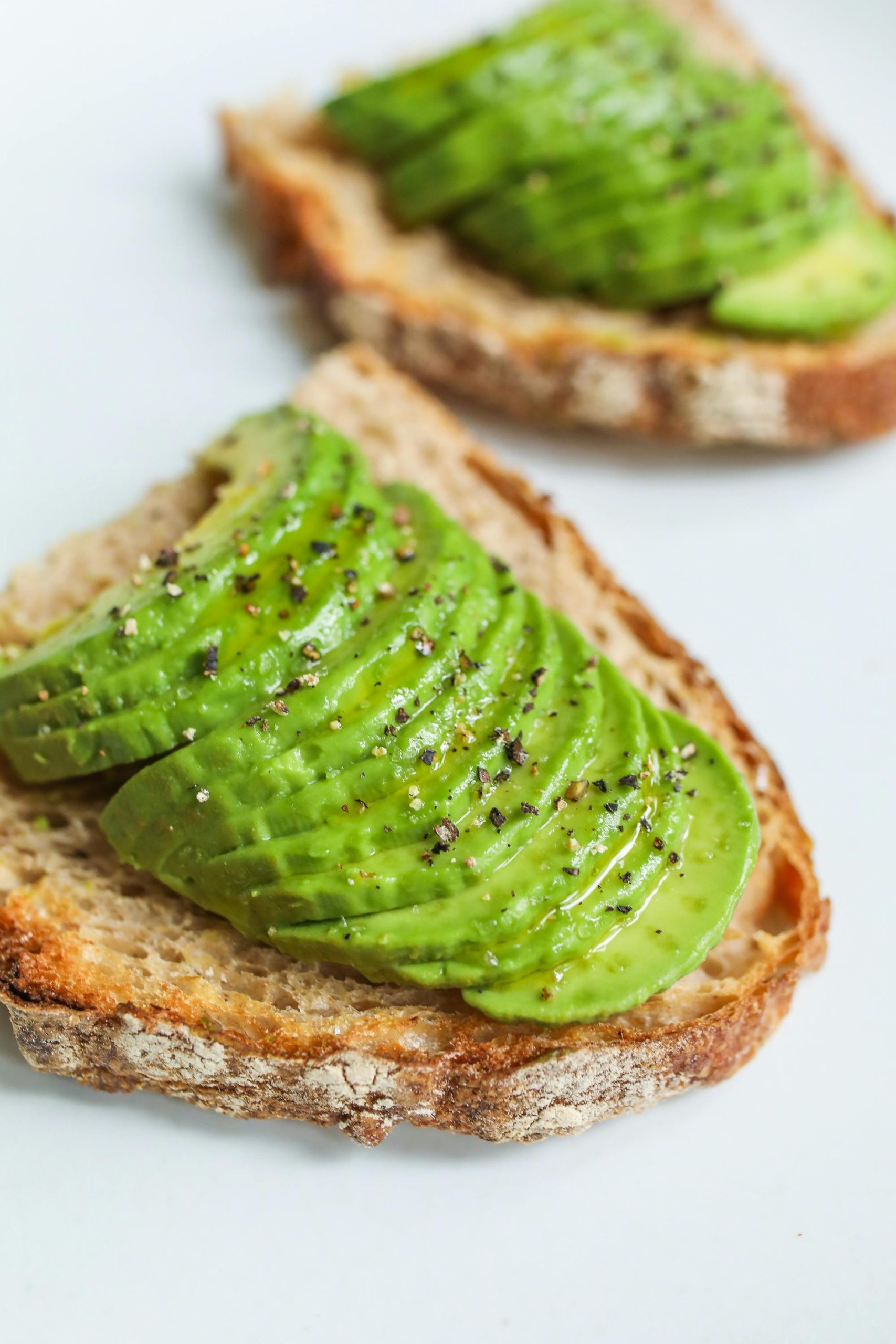
Avocados: The Creamy Superfood
Avocados are renowned for their rich content of monounsaturated fats, fiber, and vitamin E, making them an essential component of any liver-friendly diet. Research indicates that daily avocado consumption can enhance liver health and metabolic functions significantly. For instance, studies published in Frontiers in Pharmacology revealed that avocado oil supplementation improved mitochondrial function, reduced oxidative stress, and helped combat NAFLD. Additionally, research published in Diabetes Research and Clinical Practice indicated that avocado intake can boost insulin sensitivity, leading to more stable blood sugar levels.
Beyond their macronutrient composition, avocados provide additional health benefits. Their high levels of vitamin E offer antioxidant protection to liver cells, potentially reducing inflammation associated with NAFLD. The fiber content in avocados also promotes satiety and aids in weight management, which is crucial for controlling or even reversing NAFLD. Incorporate ½ of an avocado into your daily meals by adding it to salads, spreading it on whole-grain toast, or blending it into a smoothie. It’s advisable to consume avocados 3-5 times a week while keeping portion sizes in check, as they are calorie-dense.
Conclusion: Embracing a Liver-Friendly Diet
In conclusion, addressing non-alcoholic fatty liver disease requires a multifaceted approach that includes both lifestyle changes and dietary modifications. Incorporating fruits like blueberries, apples, and avocados can pave the way toward better liver health and overall metabolic balance. As the research underscores, these fruits are not only delicious but also serve as powerful allies in the fight against NAFLD.
Ultimately, adopting a liver-friendly diet, staying active, and being mindful of risk factors can significantly impact one’s health journey. It’s crucial to consult healthcare professionals for personalized advice and strategies tailored to individual needs. By making informed choices and prioritizing nutrition, individuals can take powerful steps toward preventing and managing NAFLD.

